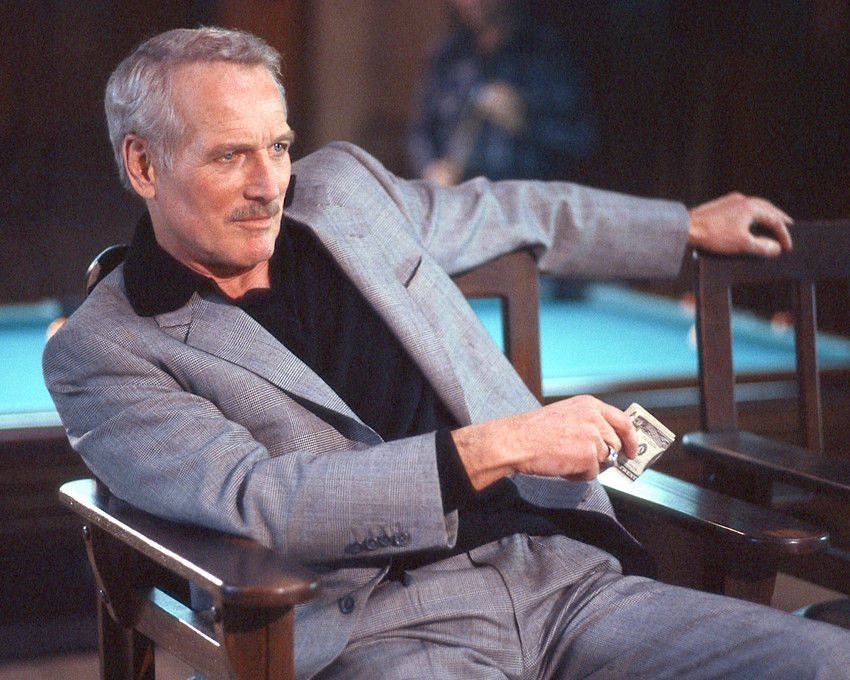
Paul Newman was most famous as an actor whose striking blue eyes, chiseled physique, and talent became hallmarks in a film career that spanned more than 50 years, during which time he became known for his compelling performances of iconic antiheroes. The son of a sports store owner, Newman served in the U.S. military as a radio operator during WWII. Soon after returning, he found himself performing anabolic steroids for sale u.s.a on Broadway, which quickly led to numerous roles in Hollywood where he started racking up awards, including an Academy Award for best actor for his performance in the 1986 Martin Scorsese film The Color of Money.
In addition to being an actor and director, Newman was also a professional race car driver, accomplished entrepreneur, activist, and philanthropist. To date, his company Newman's Own, has already donated more than $550 million to charities around the world.
During Newman's unlikely trajectory, he found himself unpacking his bags on Yale's campus on two separate occasions. The first came in 1944, when Newman was a young and eager military recruit sent to Yale with the hopes of being accepted for pilot training. But this plan was foiled when a flight physical revealed him to be color-blind, so Newman abandoned New Haven for boot camp instead.
Newman's second Yale stint came in 1951, having recently graduated from Kenyon College. This time he arrived back on the New Haven campus with a wife and adult responsibilities, but was excited to study directing at the School of Drama at Yale, thinking that as long as he had an Ivy League degree he could teach somewhere and support his family. Supplementing his income by selling Colliers Encyclopedias, Newman quickly found himself doing more acting than directing. His first role at Yale was in a production of Saint Joan by George Bernard Shaw. The part, however, called for the novice actor to cry.
"I tried and tried but my eyes were dry," Newman said. "When my fellow cast members started making fun of me, I began to sob. I was filled with frustration. When the waterworks came, I couldn't turn them off… After that, I concentrated more on studying to become an actor, thinking that it might be my true calling."
After only one year, Newman left Yale without graduating in 1952, eventually finding paying work in New York City.
Despite his brief tenure at Yale, Newman managed to be supportive of that institution over the years, contributing not only with dollars but also with his time interacting with students. In 1967 Newman donated $50,000 to Yale to help institute a permanent repertory theater there. And later, in 1988, the university granted the famous actor an honorary doctorate of Humane Letters, in recognition of his artistry and philanthropy.
